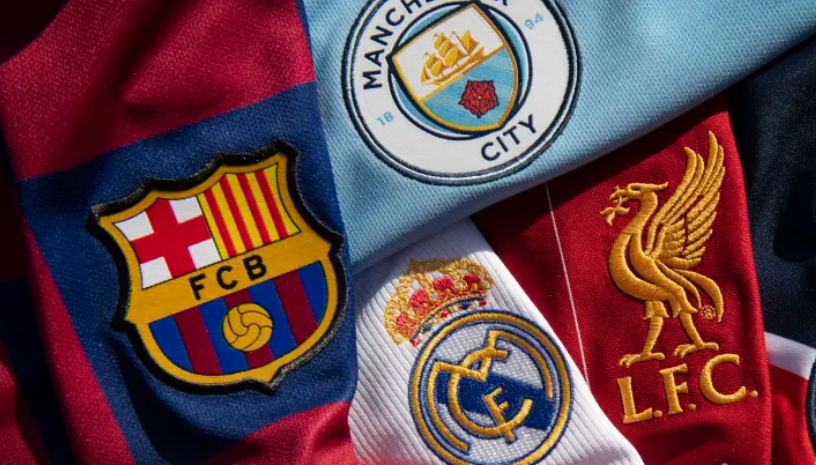The formation of the European Super League has sparked a massive debate online between some fans who have accused the founding clubs of greed, and others who are intrigued by the prospect of seeing the biggest clubs in Europe go up against each other more regularly.
Sunday’s announcement by the 12 clubs that they had formed a new midweek competition enraged UEFA, who see it as a threat to their Champions League and Europa League competitions and have described it as a “cynical project.”
However, the six English clubs, three from Italy and the top three teams in Spain seem determined to go ahead with their plans to form the ESL after the announcement on Sunday.
The clubs are Arsenal, Chelsea, Liverpool, Manchester City, Manchester United, Tottenham, AC Milan, Juventus, Inter Milan, Atletico Madrid, Barcelona and Real Madrid.
The ESL has also indicated that three more clubs will join the Super League, which it intends “to commence as soon as practicable”, with plans to also establish a women’s version of the competition.
Teams from three of Europe’s top five leagues have agreed to join the league while there are suggestions that Bayern Munich and PSG might join in the coming days.
So how will the EFL work and how different will it be from the current league and Champions League systems?
The ESL will have 20 teams, with 12 founding clubs, three unnamed clubs, and five sides who will qualify annually according to their domestic achievements.
The ESL season is expected to start in August each year, with the clubs put into two groups of 10, playing each other home and away.
The top three in each group would qualify for the quarter-finals, with the teams in fourth and fifth playing a two-legged play-off for the two remaining spots.
From then on, it would have the same two-leg knockout format used in the Champions League before a single-leg final in May at a neutral venue.
Will it take the place of the domestic leagues?
No. The clubs hope to continue competing in the domestic leagues but the opposition of the Premier League, La Liga and the Serie A to the idea of the Super League and threats by UEFA to have the clubs thrown out of their domestic competition puts a spanner in the works.
Will the clubs also take part in the Champions League?
No, the clubs are effectively breaking away from UEFA’s club competitions to compete in this exclusive league against each other.
The ESL said it would generate more money than the Champions League and would result in a greater distribution of revenue throughout the game.
